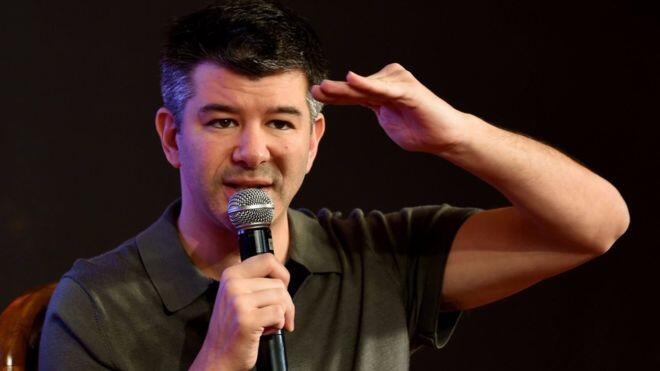Between January and March 2015, ride-sharing service Uber put out ads on Craigslist in the hope of attracting new drivers by offering attractive hourly rates of pay.
In Boston, for example, it told potential drivers they would earn $25 an hour.
In truth, fewer than 10% of drivers in the city actually managed to bring in that amount, according to a lawsuit brought by the US Federal Trade Commission.
In separate statements pushed out to the media and posted on its own site, Uber said “the potential income a driver on UberX can make in a year is more than $90,000 in New York and more than $74,000 in San Francisco”.
The FTC said the median amount earned in those cities – for drivers working a 40 hour week – was significantly less ($29,000 and $21,000 less, respectively).
The FTC listed 18 cities across the US where it said Uber was painting a far more lucrative picture than was realistic. In Baltimore, fewer than 20% of drivers earned $16 an hour. Chicago – fewer than 20% earned $21. Minneapolis – 10%, $18. And so on.
‘Cost, risk and burden’
On Thursday, Uber agreed to pay $20m to those drivers in order to settle the claim. Quite how it will do that it isn’t yet clear, but the FTC has ordered the company to work with it to find a way.
The company said its settlement didn’t constitute an admission of guilt, disputing the way the FTC calculated its figures.
The company said it has modified the way in which it advertises potential earnings to new recruits – but would not go into further detail.
“We’re pleased to have reached an agreement with the FTC,” a spokeswoman said.
“We’ve made many improvements to the driver experience over the last year and will continue to focus on ensuring that Uber is the best option for anyone looking to earn money on their own schedule.”
Drivers complain, however, that the improvements to the driver experience do not extend to covering the costs of running and maintaining a car.
“The reality of being a ride-sharing driver is a far cry from the rosy picture these apps describe and it is encouraging to see the FTC take them to task and refund drivers,” said Jim Conigliaro from the Independent Drivers Guild.
“Companies like Uber shift cost, risk, and burden onto drivers and taxpayers when they fail to provide the basic benefits so many Americans take for granted, from health insurance to sick leave.
“On top of that, drivers are stuck with the bill for their vehicle, gas, repairs, maintenance, insurance, the list goes on.”
The FTC also criticised Uber over the financing options it gave to drivers interested in leasing a car via the company.
The regulator said drivers were paying an average of $200 per week – higher than first advertised. Money to pay the lease is automatically taken from a driver’s earnings.











